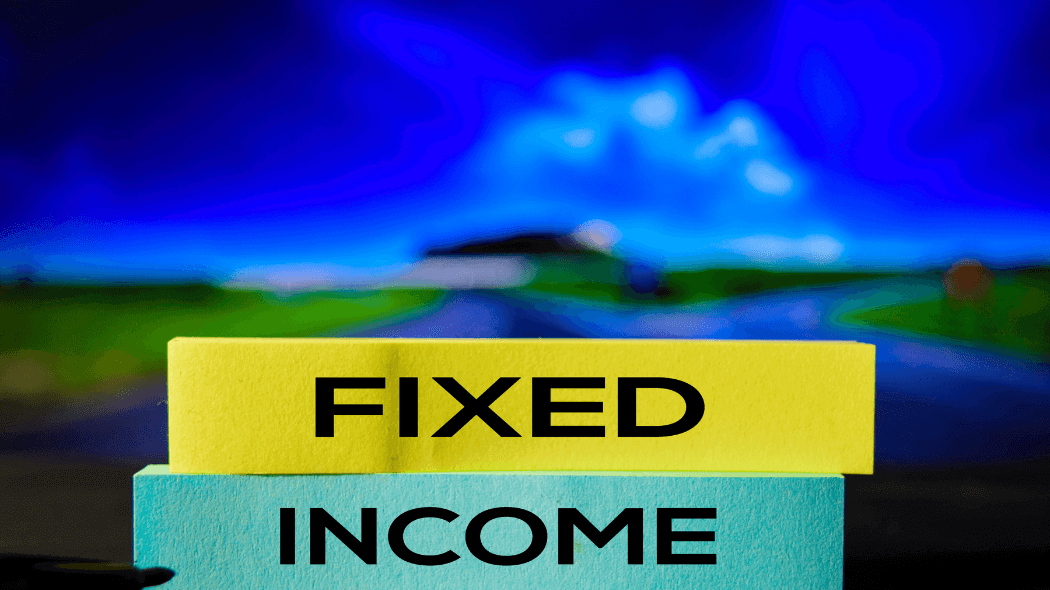
FD vs Debt Funds: Where to invest your money?
The fixed deposit has been a popular investment option in Indian households for years. If you have a lumpsum amount, your grandparents and parents will suggest investing in FD.
Debt funds, on the other hand, started becoming popular in the past few years. Many investors began preferring debt funds over FD for several reasons.
However, the changes in the debt funds taxation from April 2023 had thrown everyone off guard. Investors will no longer benefit from indexation on Long-Term capital gains. Both Long and Short-term capital gains will be taxed as per the investor’s tax slab.
So…
Are debt funds still better than FD? The answer is YES! Especially after the new tax regime as per Budget 2025.
Let’s find out how.
A fixed deposit is a financial instrument where you can invest a lumpsum amount and earn returns at fixed interest rates. Usually, banks have predefined interest rates and tenure.
Debt funds are a type of mutual fund in which fund houses allocate your assets into fixed-income securities such as government bonds, corporate bonds, commercial papers, and T-bills.
FD is known to be the safest investment option. However, in rare cases, if a bank goes bankrupt, it might default on your FD. According to recent RBI rules, even nationalized banks only offer up to INR. 5 lakh of FD default insurance per account. You may not receive the principal amount or interest above INR. 5 Lakh if the bank defaults on your FD.
The risk on debt funds depends on the features of the scheme you invest in. There are 15 different types of debt funds, each with variable risk-reward intensity.
Debt funds primarily come across two types of risks:
1. Interest Rate Risk- Similar to stocks, bonds are also traded in the market. Their price goes up and down based on the interest rate and demand. If the interest rate goes up, the price will decrease and vice versa. These fluctuations can either drop or boost the returns. You can manage the interest rate risk by holding your investment until maturity or by buying short or long-duration funds based on whether the interest rates are going up or down.
2. Credit Risk- Say, for instance, you loan INR. 1000 to your friend to start a business. The friend promises to return your money with interest. But if his/her business doesn’t do well, then your friend might not be able to honor the commitment. A similar thing can happen in debt funds. Borrowers might not be able to deliver expected commitments, which causes credit risk. You can avoid it by evaluating the ratings of bonds through credit rating agencies like CRISIL. Different credit rating agencies may have different rating parameters. But the most common ratings are AAA, AA, A, BBB, BB, B, C, D, and SD.
AAA and AA are the safest to invest in. ‘A’ may have a slight risk associated with it. All the further ratings have moderate to high risk. Other than credit risk funds, most debt funds maintain credit quality by investing in high-credit quality bonds.
A fixed deposit delivers returns based on the fixed interest rate offered by the bank. You will be guaranteed to earn a fixed interest rate. But there’s no possibility of earning anything beyond that. At the time of maturity, if you decide to extend the FD, it will get reinvested at the current interest rate, which could be lower/higher than the previous one.
Debt funds may not guarantee how much returns you’ll earn. But they can deliver superior returns than the FDs, especially in a falling interest rate scenario where bond prices shoot up, offering additional returns.
Both FD and Debt Funds do not have any lock-in period. You can withdraw money whenever you please. However, banks charge a penalty for premature withdrawal.
Debt funds may or may not have an exit load. It’s the fee charged by fund houses if you redeem funds before a certain period of time. You can check the exit load associated with the debt fund before investing in it.
Let’s address the elephant in the room. The TAX.
You have to pay tax on accrued interest on FD every year even before you receive it.
Let’s say, you have created a cumulative FD. The yearly interest that you earn will be reinvested in the same FD to benefit from the power of compounding.
Now, as unfair as it may sound, the reinvested interest will be treated as income earned. You have to pay tax as per your tax slab on the interest you technically haven’t received in your account.
Unlike FDs, Debt funds do not have the concept of tax on accrued interest. You only have to pay tax on capital gains when you redeem your investment.
Before April 2023, all Debt funds used to have different tax rules for Short and Long Term Capital Gains. Indexation benefit on LTCG was the key feature of debt funds taxation.
From April 2023, the taxation rule has changed.
As per the new rule:
Both Long and Short-term capital gains will be taxed as per the investor’s tax slab without any indexation benefit.
Unless…
The fund has more than 35% exposure to equity.
Explore the latest tax regulations across all Mutual Fund Categories.
Now, as per the new tax regime proposed in budget 2025- if you have invested in debt funds after April 2023, capital gains from debt funds can be used to avail rebate up to INR. 60,000. This is more beneficial for taxpayers with gross income (including capital gains earned from debt funds) of INR. 12,00,000.
Here's how-
| Gross Income | Tax As Per New Tax Regime FY25-26 |
| 0 to 4L | NA |
| 4L to 8L | 20,000 |
| 8L to 12L | 40,000 |
| Total Payable Tax | 60,000 |
| Rebate Under Section 87A | 60,000 |
| Net Payable Tax | 0 |
Even if your gross income exceeds INR. 12,00,000, your tax liability will be lower with the new tax regime.
Coming back to our question.
Of course! Debt funds are still investable for various reasons.
You can invest in a specific type of debt fund that aligns with your goals. It offers a safety net against equity volatility.
Sure, taxation may no longer be as efficient as it used to be without the indexation benefit. But that’s not the only parameter to judge debt funds. They have a lot more to offer than FDs.
Investors willing to slightly increase their risk appetite to generate post-tax returns similar to debt fund schemes (pre-31st Mar 2023 tax era) can explore hybrid funds. For example, Equity Savings Funds, Hybrid Debt Funds, Multi-Asset Funds, and Various other Asset Allocation Funds.
Both FD and Debt Funds offer various benefits to strengthen your financial goals. If your focus is on security and guaranteed returns, Fixed Deposits would be a better fit for you.
Otherwise, debt funds have the potential to offer superior returns without changing your risk profile and also help with portfolio balancing.
If you are struggling to decide which debt funds to choose, give us a call. VNN Wealth advisors will walk you through all types of debt funds and help you make a decision.

